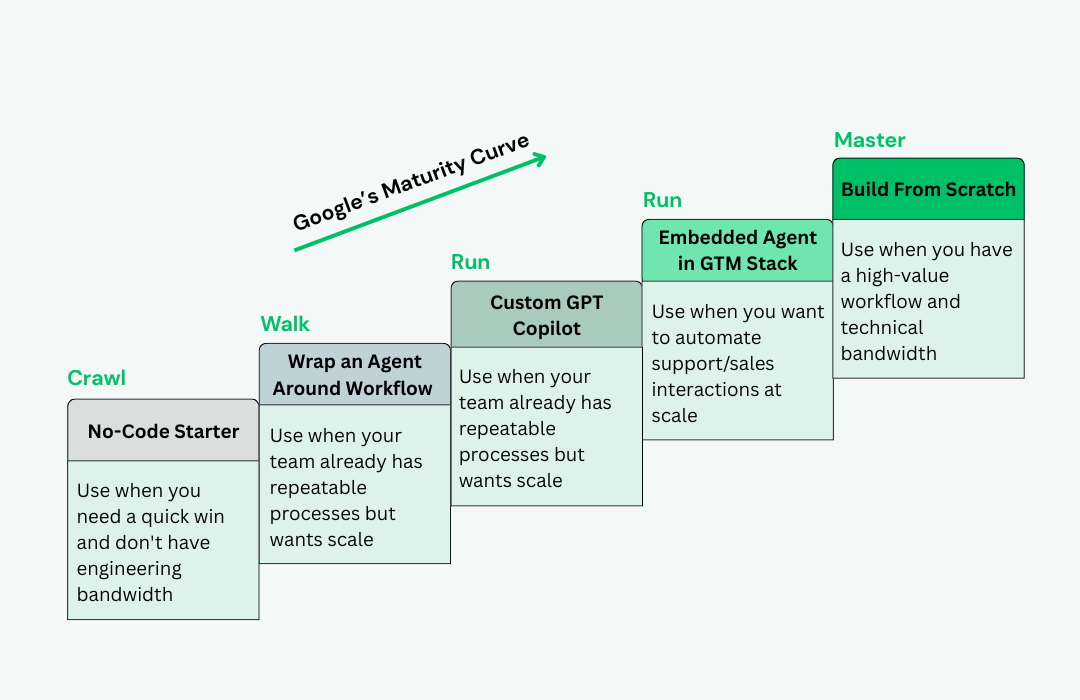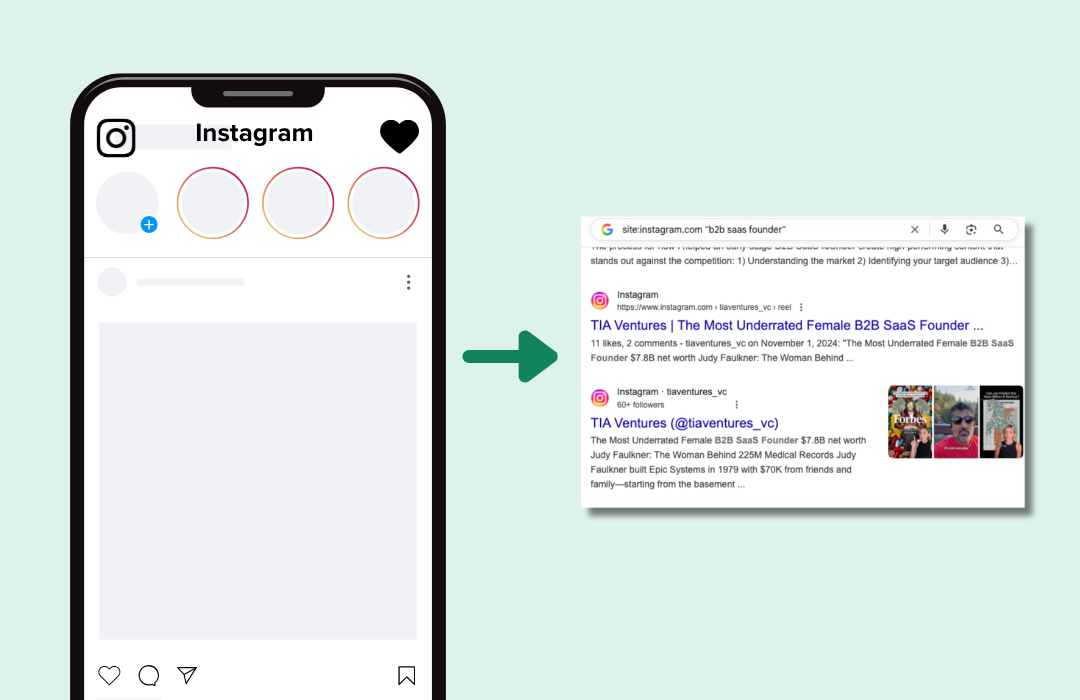Summary: One of the earliest steps in my professional journey — a stint as an SAT and ACT preparation instructor for college-bound students — has unexpectedly prepared me for training sales talent. Here’s what standardized test prep has in common with coaching sales professionals in high-pressure settings.
As a college freshman, choosing to teach SAT and ACT test preparation courses to high schoolers was pretty much a no-brainer. It offered scheduling flexibility and a convenient location less than a mile from campus. Plus, it paid well. I continued teaching part-time even after I graduated.
After several years of teaching SAT prep classes, I realized that how I taught had a direct effect on the success of my test-takers. If I communicated effectively, worked to actually understand my students, exhibited interpersonal skills, and demonstrated patience, my students tended to do better. I never forgot that lesson, and it became even more relevant after I entered the emerging, fast-paced software-as-a-service industry and started training salespeople.
Effective sales teams are always learning. However, it takes a willing, able mentor to teach people how to not only absorb facts, but also to apply them effectively to snag and retain clients. To teach effectively, it’s important to understand how people learn and how quickly they do so. The reality is that everyone learns at a different rate, and you can’t usually make James learn more quickly than Aubrey if that’s not his speed. At the same time, almost everyone learns faster by doing versus listening, so guided repetition with tons of feedback is key — no matter who’s in the student seat.
When you pair a trainer who has a strong desire to teach with salespeople who are eager to build their skills, you can jump-start any corporate sales team and keep the team members reaching for better “scores.”
Tips for Sales Leaders to Help Their Employees Grow
Take it from me: I helped teenagers navigate the ups, downs, and sideways of ever-stressful standardized tests. What I discovered along the way can help you create an enviable team of high-performing sales professionals.
1. Teach employees the issues your customers are facing.
Nothing’s as frustrating for buyers as a sales representative who has no idea how to use his or her expertise to solve problems. Unfortunately, this seems to happen a lot. A whopping 75 percent of purchasing agents reportedly believe B2B sales reps lack basic field knowledge of their industry. That should make sales managers everywhere shudder.
When I lead team sales training, we don’t just cover a product or service’s features and functionality; we cover the underlying business concerns our customers face. That way, they can extrapolate their basic know-how and use it to solve both anticipated and unanticipated issues when they go into real-world situations.
RELATED: SDR Training: 5 Tips for Faster Onboarding and Ramp Up
2. Stop taking ‘I understand’ for an answer.
In my test prep days, I’d get plenty of head nods from students when I asked, “Do you understand?” Even if they thought they did, they were often mistaken. When I called them to the whiteboard to complete a problem, they inevitably stumbled. I would never have realized how little they absorbed if I had taken that answer at face value.
No matter what you’re teaching a group of salespeople, force them to practice it numerous times to help them internalize it. They’ll sometimes tell you they “get it,” but make them prove it by applying it to several different scenarios. Coach them along the way, and set the stage for consistency. Keeping your team members honest about how much they understand mixed with real-world feedback can increase sales performance by up to 6.2 percent.
3. Let salespeople test their mettle on actual deals.
There’s truly no substitute for real-world experience, whether you’re fiddling nervously before taking a mock SAT or attempting to close a crucial sale. But I’ve realized that I have two big advantages as a trainer that I didn’t have as a test prep instructor: I can pick my “students,” and I can coach them during the “test.” Use this to your advantage.
While it’s painful to put a potential deal at risk, you have to be willing to allow your representatives — at least the ones with a foundation in sales — to try things on their own. Ultimately, you can’t prepare for every contingency, and all the prep in the world only goes so far; at some point, you have to get out there and do it.
That’s not to say you should always leave your team members to their own devices. It’s just as important to work alongside your reps whenever possible — especially with prospects far along the critical path or those who are particularly strategic to your company.
However, allowing your sales talent space to occasionally stumble will help them learn more quickly. After all, you’ve presumably hired strong talent and trained them effectively, and you shouldn’t worry about letting them spread their wings on a sales call. Afterward, review the live meeting or recorded session and go over what they did correctly and what they should work on for the next time.
RELATED: How To Build (And Scale) A Successful Sales Development Team
The Dos and Don’ts of Continued Sales Education
Do: Teach the ‘why’ in addition to the ‘what.’
Your salespeople will be far more effective if they understand the factors driving your organization’s success and failure. Instead of simply explaining what something is, talk about why it’s important and put it into context. They can then absorb this information for their benefit when on sales calls.
Do: Hire people who love learning.
The harsh reality is that not everyone is driven to improve his or her skills. Seek out individuals who want to better themselves; they’ll likely be more successful than their counterparts who are growth-averse. Ask all potential sales candidates what they’ve done lately to increase their skill set, even if it wasn’t in the sales realm. If you get a blank stare or a vague answer, you should pass on that candidate.
Do: Ask students to solve problems.
When teaching test prep, I always felt like students were more engaged when a classmate taught something than when I did — they just paid more attention to peers. Sales is no different, and the student usually makes a better effort overall if he’s teaching someone other than himself. During our sales team meetings at Node, we often discuss specific challenges with prospects, and I encourage team members to guide themselves to potential solutions.
Do: Have more experienced sales students lead lessons (with a little guidance).
Feel like you have a selling superstar on your hands? Request that he or she do some outside research, and then work on creating additional curriculum to teach to the team. This is a great way to enhance awareness. Who knows? You might just cover a topic you had never thought of or find a rising sales leader for your company.
Don’t: Teach a ‘one and done.’
Like it or not, we’re all at the mercy of the forgetting curve. We know that after an hour, people forget about 56 percent of what they learn. Within six days, that number reaches 75 percent. As a trainer, your job is to reinforce learning through guided repetition and pointed feedback. No matter how much everyone is tired of hearing something, repeat it again — and ask them to do likewise.
Don’t: Feel stupid saying, ‘I don’t know.’
You don’t have to be omniscient just because you’re teaching a subject. Occasionally, I wasn’t certain about the correct answer to an SAT or ACT problem. When that happened, I turned it into an exercise in which I taught students how to navigate these sticky situations to have the highest probability of success. Real-world situations are rarely black or white, and navigating the gray is a critical skill for salespeople.
Don’t: Be scared to let sales representatives loose.
As long as someone has demonstrated competence in a lower-stakes environment, let him or her go for the real thing. When active learners experience failure, they want to do better the next time. Sure, it’s hard to stand by and watch someone occasionally mess up (and if it happens often, you should reconsider whether he or she is properly trained). But until you touch the hot oven sans a mitt, all the parental admonitions in the world won’t (literally) burn the correct reaction into you. Besides, having a few battle scars is a required part of personal growth — whether in sales or in life.
As sales professionals, there’s always something to build or improve upon in our strategies, and this is true whether we’re just starting to build our training program or have decades of experience as a sales leader. If you have any useful tips you’ve discovered when training and educating sales talent, I’d love to hear about them.







